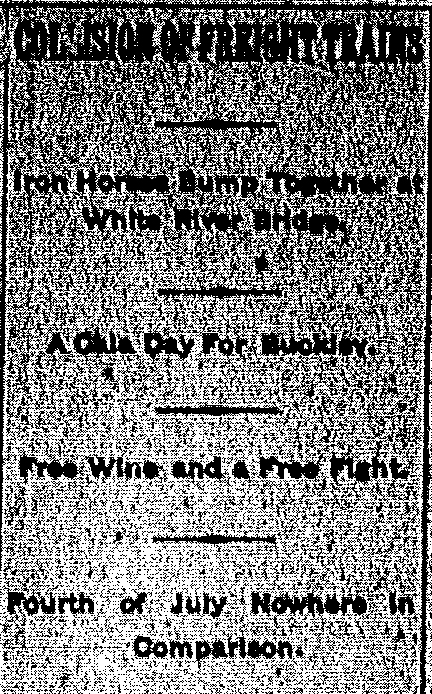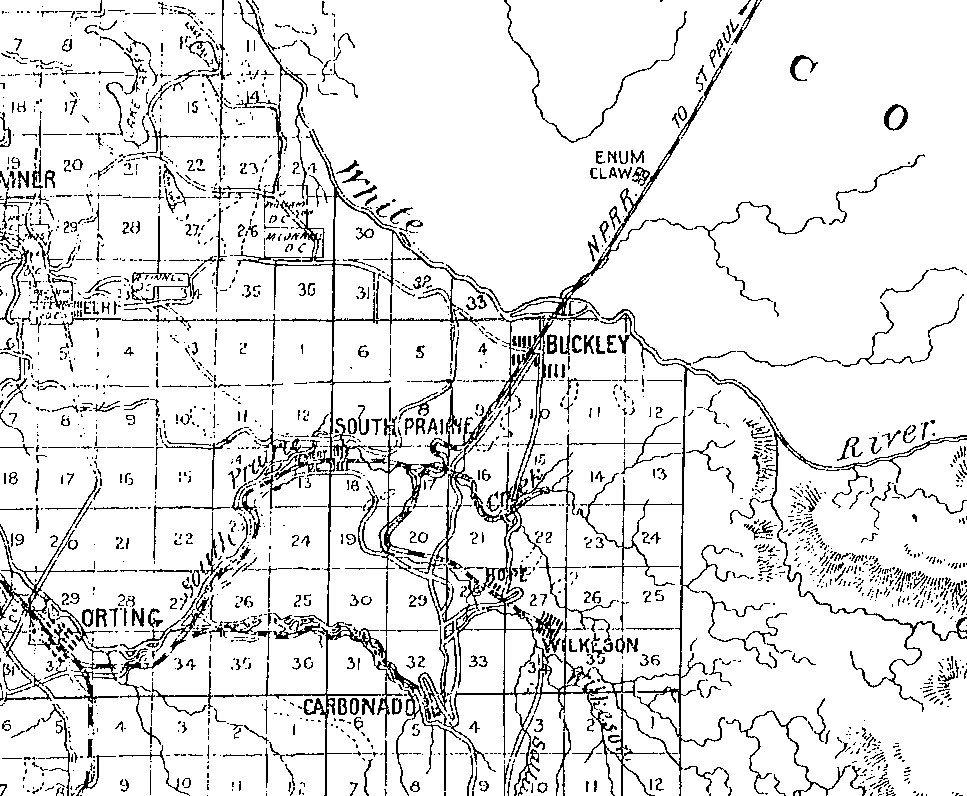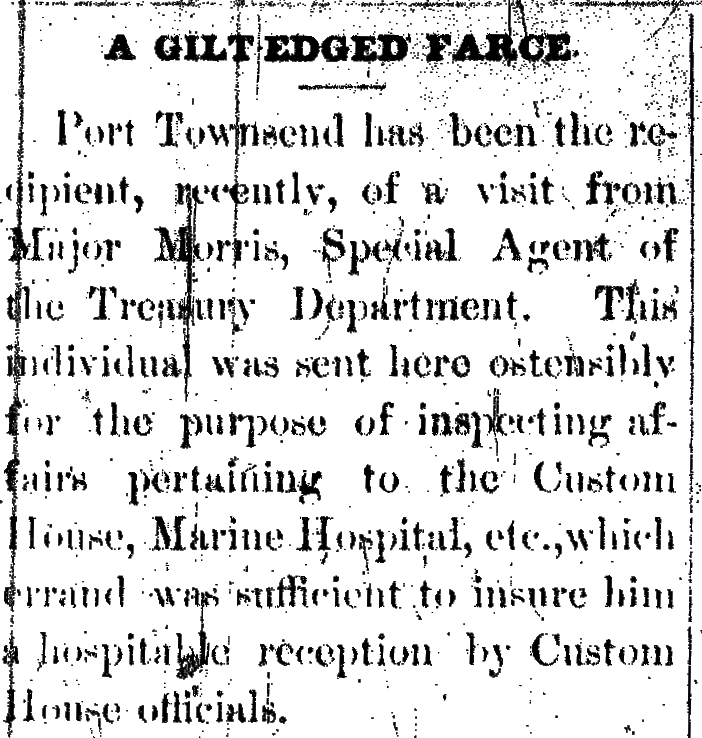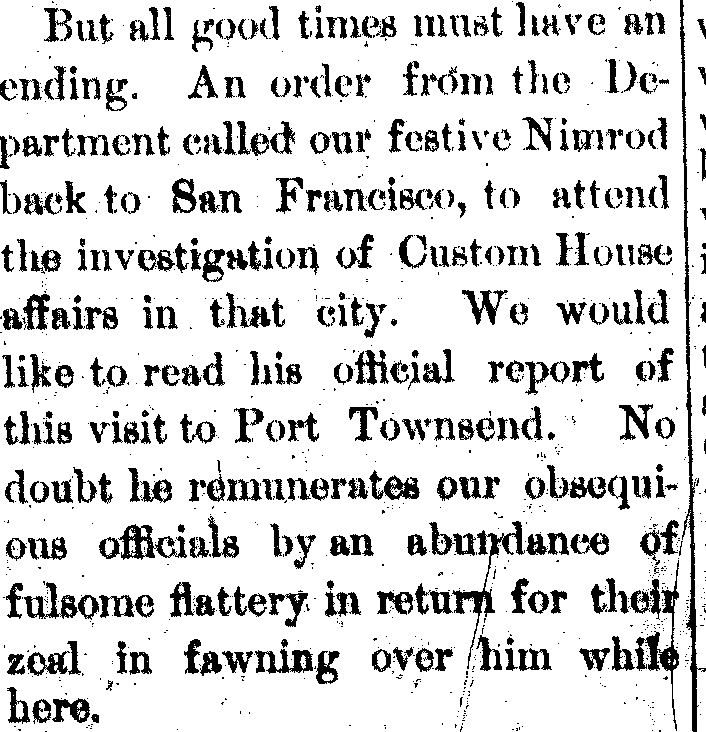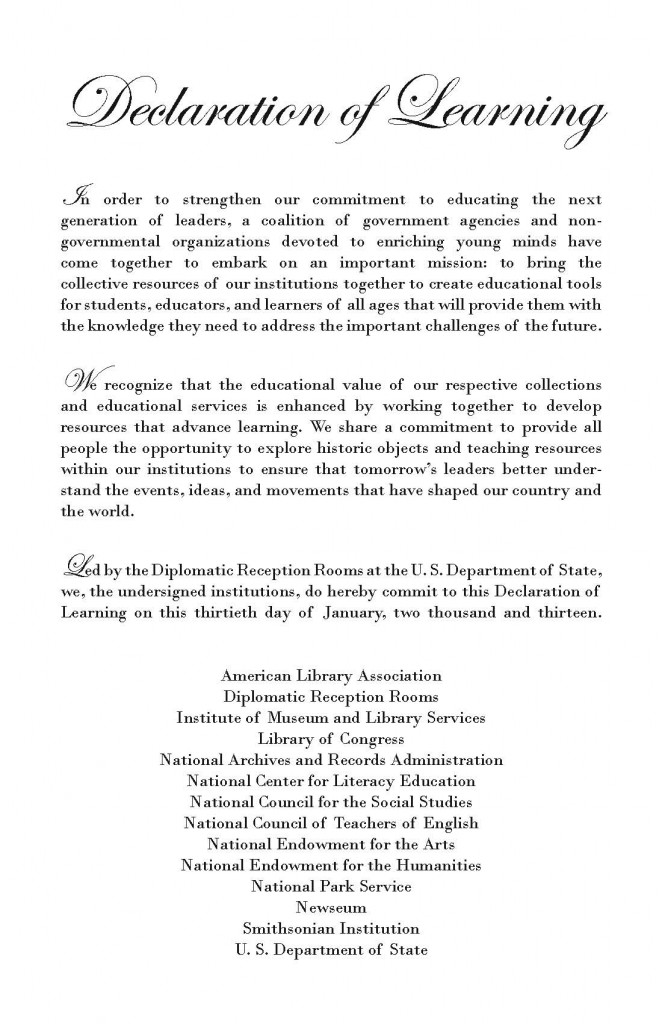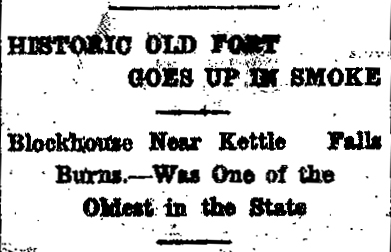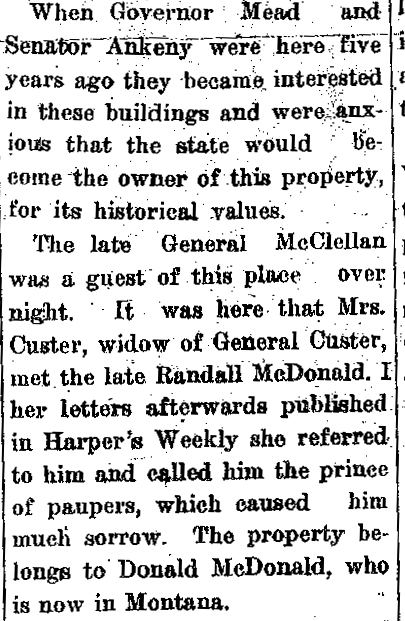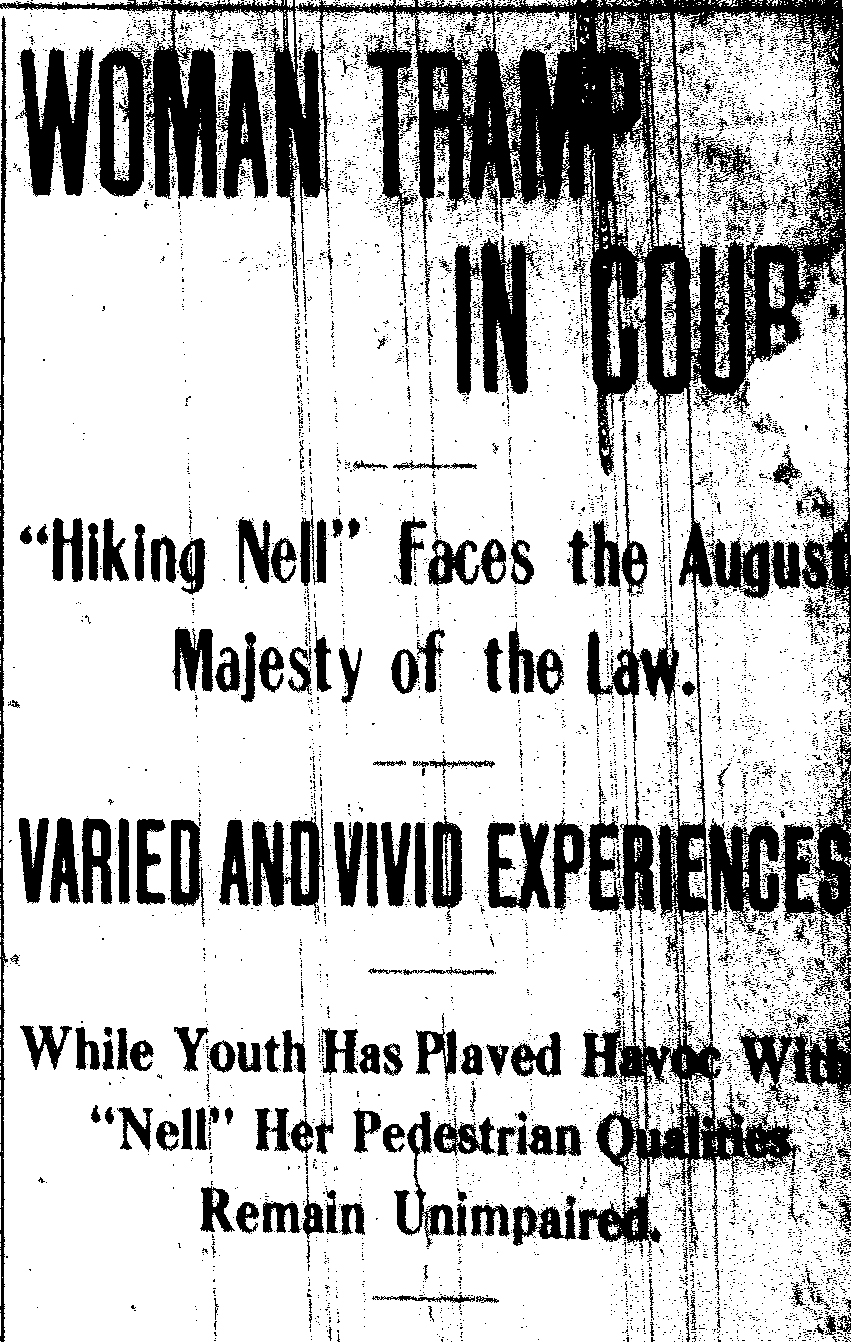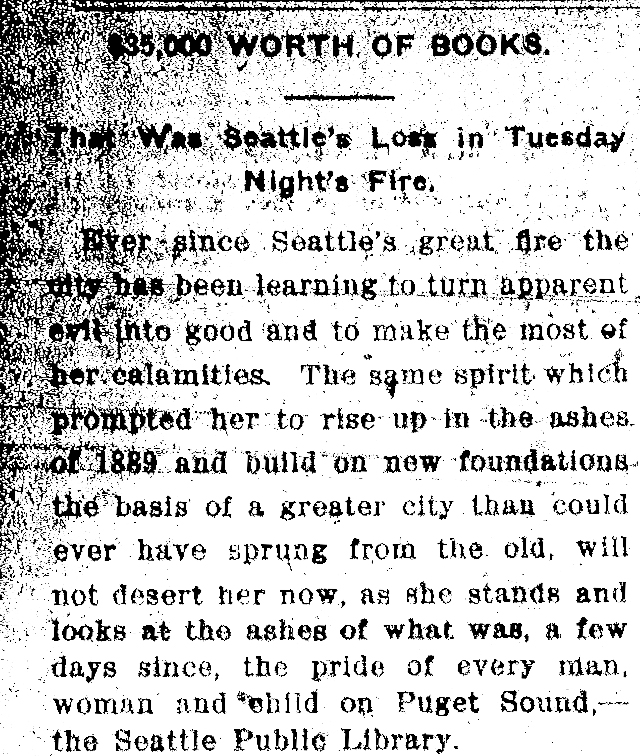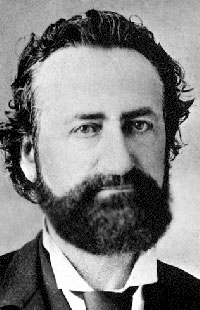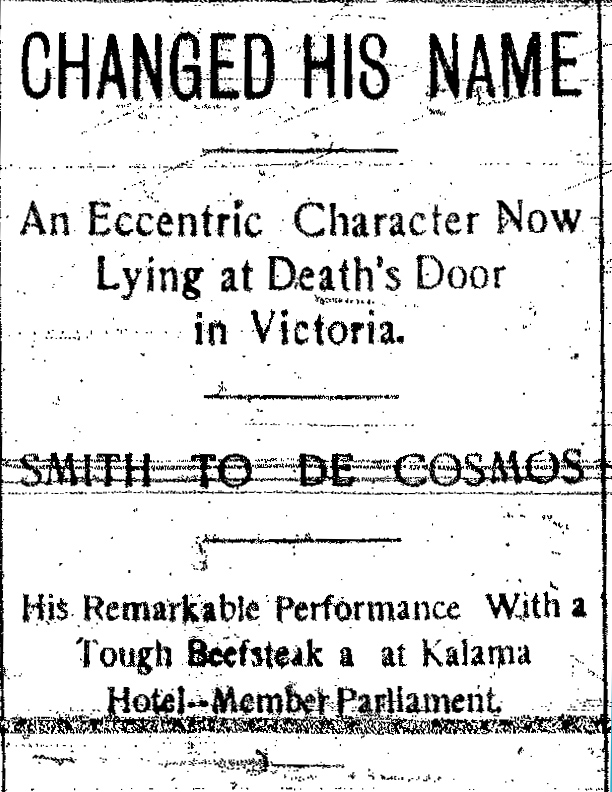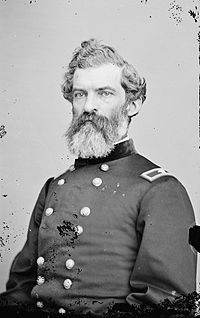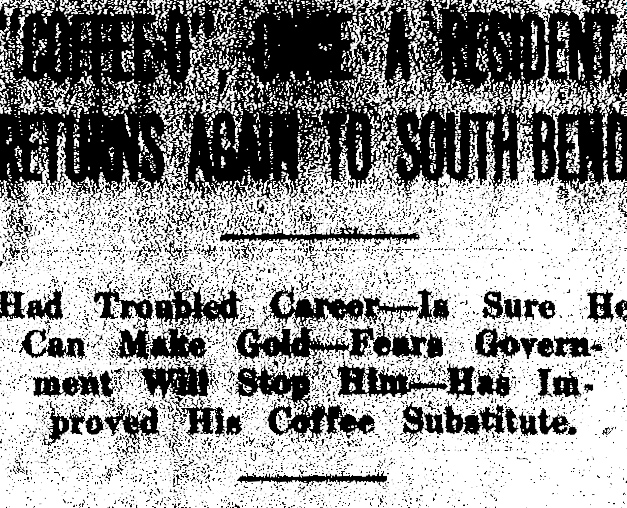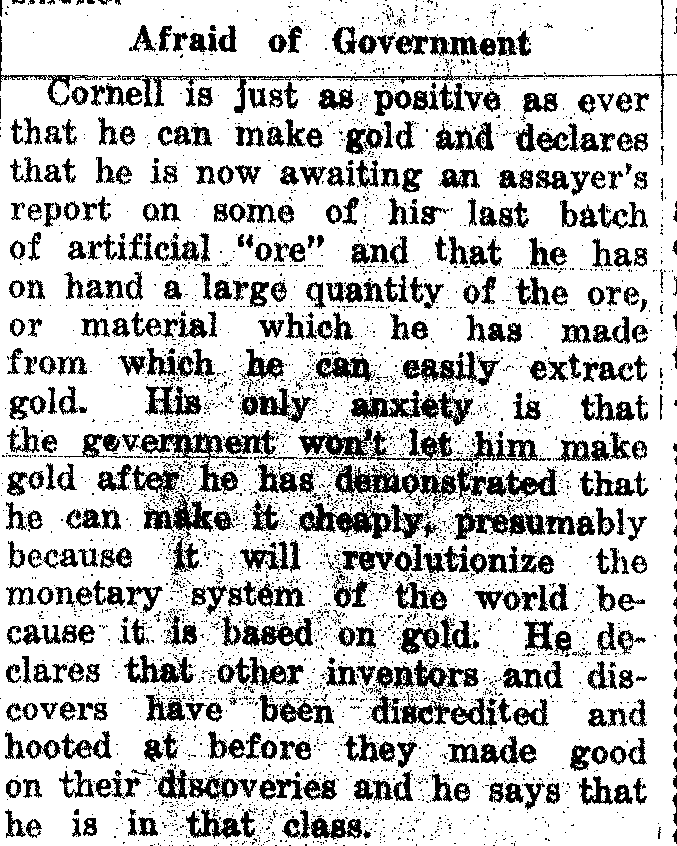 From the desk of Steve Willis, Central Library Services Program Manager of the Washington State Library:
From the desk of Steve Willis, Central Library Services Program Manager of the Washington State Library:
This item on page 1 of the Jan. 17, 1907 issue of the Seattle Daily News caught my eye due to the use of the words “eccentric,” “peculiar,” and the mention of a $100,000 monument for a man and his dog:
CLAIMS TO BE CHOIR’S WIDOW
Latest Claimants for Estate of Dead Man Declare His Name Was Joseph Calentine
“That Melody Choir, alias Joseph Melchoir was really Joseph Calentine, and that he left a widow and a son residing in Wenatchee, Washington, who are his legal heirs, is the substance of a claim to the estate of the eccentric and wealthy Seattle man who died two weeks ago.”
“Through local attorneys George C. Calentine has petitioned the probate court to appoint a special administrator to the estate of Melody Choir, whose real name was Joseph Calentine. He further alleges that Mrs. Lucy Calentine of Wenatchee, is the widow of Melody Choir, having married him in the East, come West with him and then separated from him. She is said to possess a marriage certificate and other proofs of her claim.”
“The petition for a special administrator to take charge of the estate went on for hearing before Judge Albertson this afternoon. Rev. W.G. Jones, a friend of the dead man, who yesterday applied for the appointment, is satisfactory to the new claimants, Mrs. Calentine and her son.”
“If the special administrator is appointed it will be possible to search the personal effects of Melody Choir for proof of his relationship to the claimants for his money. The special administrator will have no right to carry out the will of the dead man, which provided that his $100,000 estate will be used to build a monument for himself and his dog.”
“The Melchoir family, which is represented in this city by an alleged brother of the deceased, has not yet entered a claim to the estate, but is expected to do so shortly.”
“The petition filed by Calentine does not take cognizance of the peculiar will left by Choir.”
The gentleman known as Melody Choir is yet another one of those great characters in Washington history who has yet to be fully discovered. According to information provided in the 1900 Census, he was born in Kentucky in March, 1850. Several sources indicate his previous name was Joseph H. Melchoir. It would appear he was among the youngest of his siblings. He surfaces in Seattle around the mid-1870s under the name of Melody Choir. His birth family probably lived in Canton, Ohio at this time.

Melchoir was one of the earliest compilers of a Seattle area city directory. His Choir’s Pioneer Directory of the City of
Seattle and King County, History, Business Directory, and Immigrant’s Guide to and Throughout Washington Territory and Vicinity was published in 1878 and contained a statement it was meant to be an annual publication, but apparently only this issue made it to print. The Washington State Library has a copy on microfilm. It is a fun read, which is not something you can normally say about city directories.
In addition to providing colorful local descriptions, Choir included a photograph of himself with the handwritten caption: “His Royal Impudence, M. Choir, as he daily appears out on the war-path of Professional Business.”
Also he gives the reader a full page advertisement of his services and wares, marketing everything from wooden shoes, marble work for cemeteries, real estate, sewing machines, etc.
And as frosting, we are treated to a long poem he created honoring Seattle. His name might’ve been Melody Choir, but there was nothing melodious about his poetry. An example:
In plenitude thy people live,
Regaled by health that’s wealth: so can attain
Blended this gift with their endowments
Ruling power in Mortal’s highest plane:
Here churches and clans, schools and the press, All tutors of the public mind, that governs
Thy people’s hopes and fears, rights and wrongs
Though one and all are clothed as sovereigns.
I vaguely remember adding a local note to the bibliographic record for his directory a few years ago (when I was WSL’s Head of Cataloging) and encountering this poem and the author’s unusual name. At the time my reaction was, “That’s not something you see every day.” Little did I know.
In city directories his occupation is listed as “book agent” in the 1880s, and “real estate” or “capitalist” in the 1890s. For a brief time at the end of the 19th century he amazingly held public office as a Seattle Park Commissioner.
How did Choir acquire his wealth? In volume 90 of the Central Law Journal (Jan.-June 1920) an attorney named Fred H. Peterson contributed an article entitled “Odd Wills and Peculiar Testators.” It turns out Mr. Peterson represented Choir in the 1890s on the losing end of a deed case that went to the State Supreme Court. Peterson didn’t have a lot of positive things to say about his client:
“For many years an eccentric character lived in Seattle, who called himself Melody Choir, his real name being Joseph H. Melchoir. Like many people, not insane, however, he tried to get something for nothing, which he sought to accomplish by acquiring tax titles to Seattle property. Some of the lots he purchased for less than $5 each, through the rapid growth of the city, in the course of thirty years, had increased to $5,000. At the time of his death than $120,000 … For years he lived in a dug-out, his only friend being a dog, as queer as his master.”
Melody Choir’s will apparently is something of a manifesto, as Peterson describes:
“Of course, he left a will. ‘For the benefit of posterity’ he listed mankind according to a scale of merits; some were designated as trustworthy, others as suspicious, and the remainder as ‘unhung scoundrels;’ his counsel and the appellate court attained to the ‘bad eminence’ of the last class.”
“Choir’s will is closely written in a bound book of 148 pages, ten inches by 18 inches. At the top and bottom of each page he wrote in red ink, ‘Witness my hand and seal–Melody Choir,’ followed by an elaborate seal, and dated October 20, 1900. The will was admitted to probate March 1, 1907. He writes of himself thus: ‘The incontrovertible facts in my case are these– there never was a better, all round individual ever set foot upon the regions of this broad State, than myself!’ He declares that in 1875 he read Blackstone, but detested attorneys, for he says: ‘I never liked lawyers as a class, and to keep away from them and steer clear of their inveigling schemes and grasping machinations– ever an active ingredient in their diabolical profession– has been my constant, lifelong effort.'”
“His egotism stood out ad nauseam; his egregious vanity caused him to provide that all his property should be spent for a mausoleum for himself and dog ‘Hoboe,’ [SW note: all other sources spell the dog’s name as “Hobo”] plans and specifications for which are completely shown in the will– it even shows a diagram of his teeth; his great virtues were to be engraven on the monument in ten languages. That no one might contest because of any marital relations, he declares: ‘I never was married or even engaged to be married. Nor ever gave to any female, old or young, married or single, maid or widow, white or any color, directly or indirectly, verbal or written, open or implied, any pledge, vow or promise of marriage whatsoever.'”
Choir died in Seattle on the last day of 1906. Choir’s dog, Hobo, a black and white Newfoundland, was killed by a streetcar on May 26, 1906.
It took almost a full year to settle Choir’s estate. The Superior Court jury decided in favor of granting the now $200,000 estate to Choir’s mother, 89 year old Elizabeth Melchoir of Canton, Ohio, apparently rejecting the Calentine claim. There was a real Joseph Calentine, he was last recorded living with his family in Kansas in 1875, but according to Census records he was a carpenter who was Ohio born and at least six years older than Melody Choir.
Choir was buried in Seattle’s Lake View Cemetery, under considerably more modest circumstances than he dictated, and Hobo was not allowed to be buried with him. Where and how Hobo’s body was preserved is a question yet to be answered.
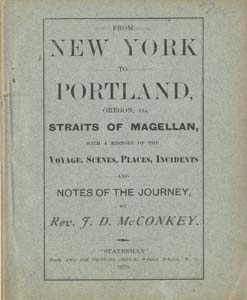 Under Exploration and Early Travel –
Under Exploration and Early Travel –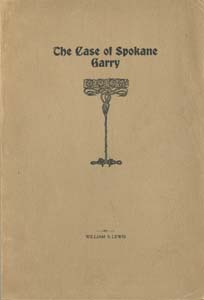 The case of Spokane Garry by William S. Lewis
The case of Spokane Garry by William S. Lewis





